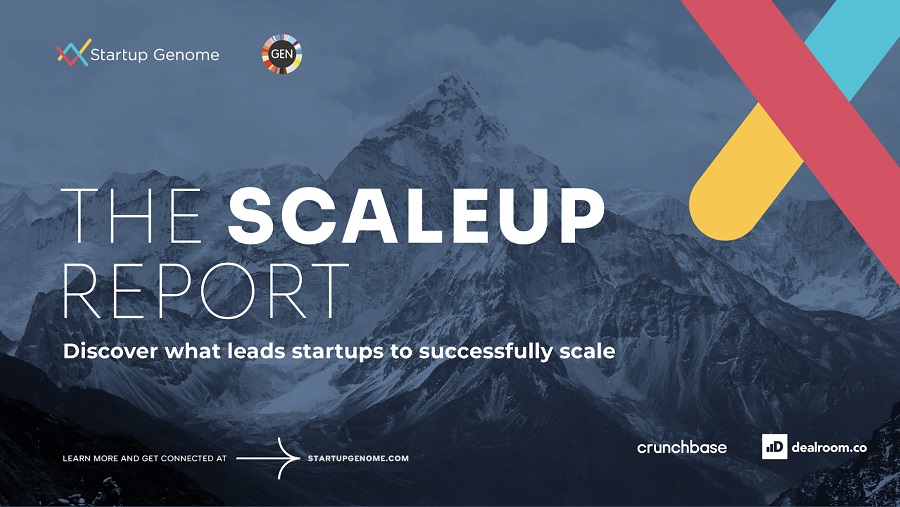Offering employees stock options and building good local and international networks are key to successfully scaling startups, according to a new report.
The Scaleup Report by Startup Genome provides insights into the characteristics that separate startups that successfully scaled from those that failed, and highlights actionable insights for entrepreneurs, enterprise support organisations, and policymakers seeking to increase the proportion of startups scaling to US$50 million-plus valuations.
Among the key findings are that founders looking to improve their chances of scaling should ensure they offer stock options for all employees, have more than five global connections to top ecosystems, and have at least three advisors for their startup.
Startups with a “Local Connectedness Index” score of six or above achieve a scaleup of 5.1 per cent compared to 3.8 per cent for those with a score of two to four, a 34 per cent boost. The Local Connectedness Index measures the size, density, and quality of a startup’s local network. Early-stage startups with a higher Local Connectedness Index see their revenue grow twice as fast as those with the lower Local Connectedness Index.
Scaleup success rate clearly increases with “Global Connectedness”, and startups that develop a high level of Global Connectedness have a 3.25 times higher chance of scaling than those with a low level.
Early-stage startups that go global – more than 50 per cent foreign customers – are on a revenue growth curve that is two times faster than those that do not. B2B and mixed startups, by which we mean those focused on both B2B and B2C, that target the global market first have higher scaleup rates than B2C startups. B2B startups that target the global market from day one of operations have higher scaleup rates (6.8%) than B2B scaleups that do not target global markets from the onset (2.8%).
Out of all current scaleups, a third were founded by serial founders, and founders who have previous hypergrowth experience have an 85 per cent higher scaleup rate compared to founders without this experience. A founders motivation to get rich is the strongest corollary to scaleup success, followed by a desire to change the world and a drive to make a great product. Founders who could rely on friends for funds were more likely to produce a scaleup than those with their own or family resources.
“The quintessential billion-dollar question has always been what characteristics, behaviours, and decisions of early-stage startups significantly increase your chance of success at scaling,” said JF Gauthier, founder and CEO of Startup Genome.
“Startup Genome’s groundbreaking Scaleup Report, a culmination of 11 years of primary research with close to 100,000 startup founders globally, provides unparalleled data-driven answers to this critical question.”


